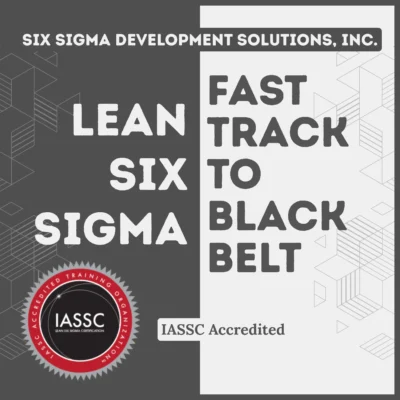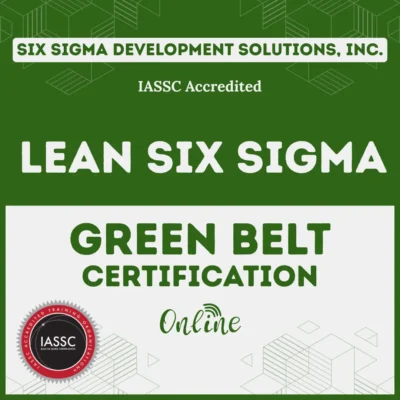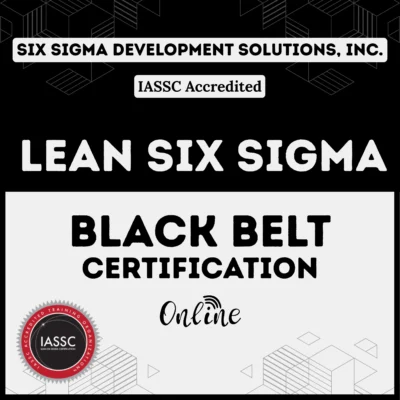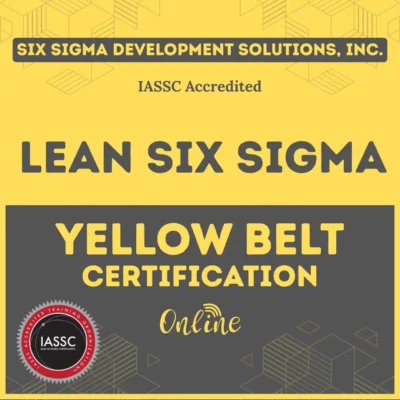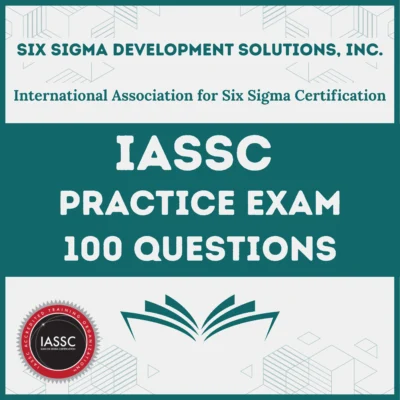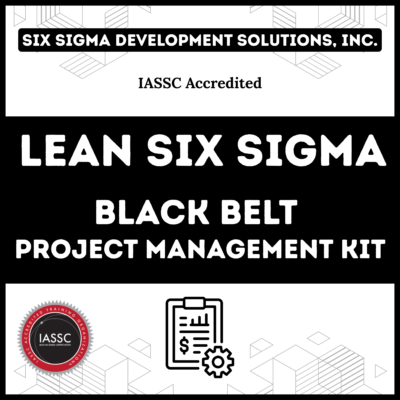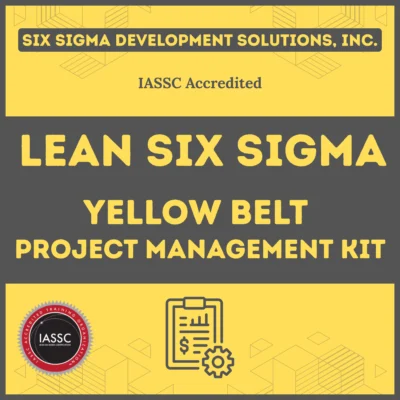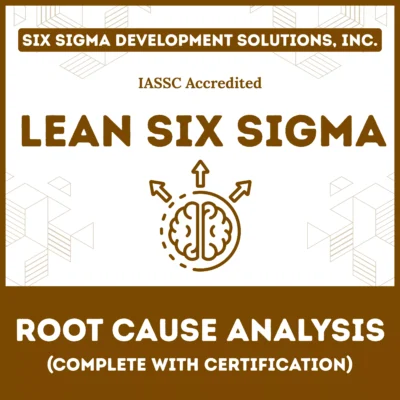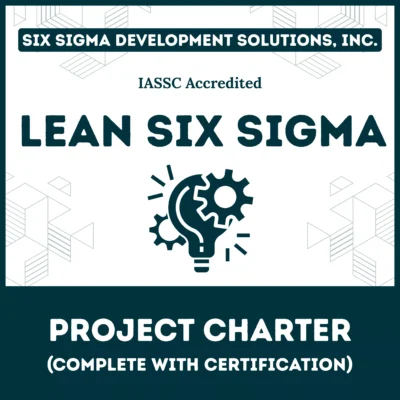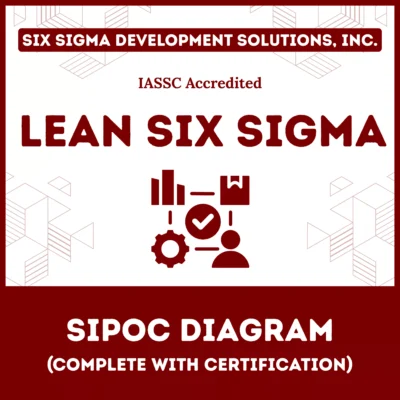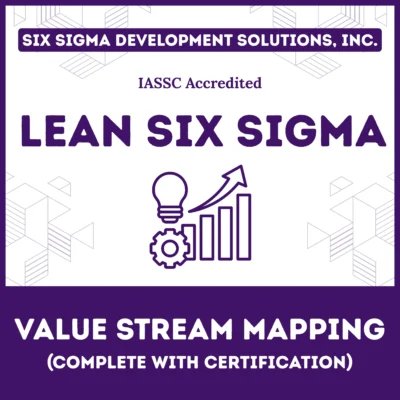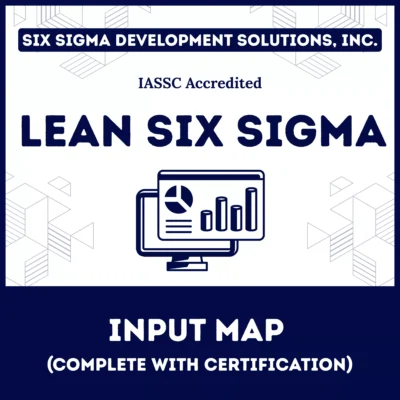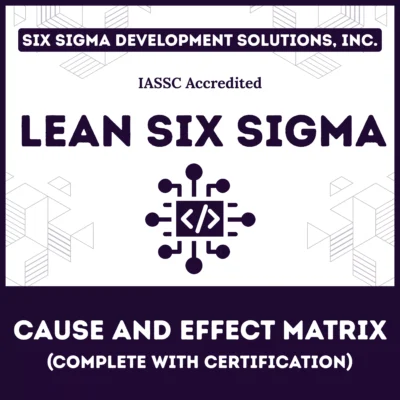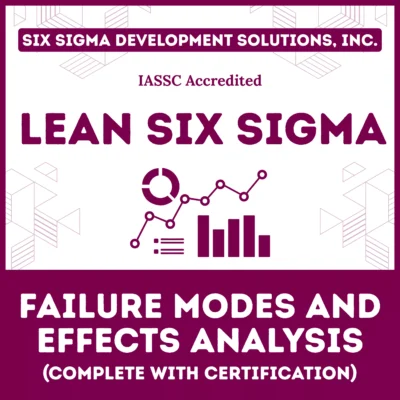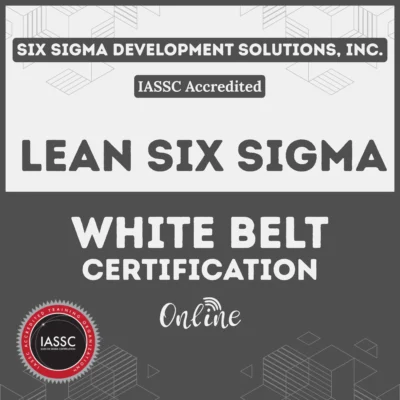Six Sigma represents a data-driven methodology designed to identify and eliminate defects, errors, and variations across processes, products, and services. This powerful approach leverages statistical tools and analytical techniques to measure performance accurately, analyze root causes systematically, and implement evidence-based solutions. The ultimate objective centers on achieving near-perfection, targeting fewer than 3.4 defects per million opportunities.
Originally developed by Motorola in the 1980s and later refined by General Electric, Six Sigma has evolved into a globally recognized standard for operational excellence. The methodology operates on the principle that organizational success stems from understanding customer requirements, measuring current performance, and continuously improving processes to meet those demands consistently.
Furthermore, Six Sigma’s structured approach provides professionals with a comprehensive framework for tackling complex business challenges. The methodology emphasizes fact-based decision-making, ensuring that improvements are sustainable and measurable rather than based on assumptions or gut feelings.
Table of contents
Why does Six Sigma matter for your career?
Six Sigma isn’t just about improving processes; it’s about transforming you into a professional who can deliver measurable results. Whether you’re aiming for a promotion, a career pivot, or simply want to excel in your current role, Six Sigma offers a structured path to success.
Public, Onsite, Virtual, and Online Six Sigma Certification Training!
- We are accredited by the IASSC.
- Live Public Training at 52 Sites.
- Live Virtual Training.
- Onsite Training (at your organization).
- Interactive Online (self-paced) training,
The Core of Six Sigma: The DMAIC Framework
At the heart of Six Sigma lies the DMAIC framework—Define, Measure, Analyze, Improve, Control. This structured approach empowers you to tackle problems systematically:
- Define: Identify the problem and project goals.
- Measure: Collect data to establish a baseline.
- Analyze: Dig into the data to uncover root causes.
- Improve: Implement solutions to address issues.
- Control: Monitor results to sustain improvements.
By mastering DMAIC, you gain a repeatable, results-oriented process that employers value across industries. This framework isn’t just a tool—it’s a mindset that sets you apart as a strategic thinker.
Also Read: How to Evaluate Six Sigma Online Courses and Instructors for Quality?
How Six Sigma Sharpens Your Professional Skills?

One of the most immediate benefits of Six Sigma is its ability to hone critical skills that employers seek. Let’s explore how:
Problem-Solving with Precision
Six Sigma trains you to approach challenges methodically. Through DMAIC, you learn to break down complex issues, identify root causes, and implement solutions backed by data. This structured problem-solving ability makes you a go-to person for tackling inefficiencies, whether in operations, customer service, or project management.
Critical Thinking and Data-Driven Decisions
In a world flooded with information, Six Sigma teaches you to cut through the noise. You’ll develop the ability to question assumptions, analyze data objectively, and make informed decisions. This skill is invaluable in roles requiring strategic planning or process optimization.
Effective Communication and Collaboration
Six Sigma projects often involve cross-functional teams, requiring clear communication with stakeholders at all levels. From presenting findings to persuading executives, you’ll refine your ability to articulate ideas and build consensus—a skill that’s critical for leadership roles.
Leadership and Project Management
Leading a Six Sigma project means managing timelines, resources, and teams. You’ll learn to inspire others, drive change, and deliver results under pressure. These leadership skills position you as a candidate for promotions or roles in management consulting, operations, or quality assurance.
By cultivating these skills, Six Sigma doesn’t just make you better at your job—it makes you indispensable.
How to Boost Your Resume with Six Sigma?

In a competitive job market, a Six Sigma certification can be the differentiator that lands you an interview. Here’s why it’s a resume booster:
A Mark of Excellence
A Six Sigma certification—whether Yellow Belt, Green Belt, or Black Belt—signals to employers that you’re committed to excellence. It demonstrates your ability to improve quality, reduce costs, and drive efficiency. For example, a Green Belt certification shows you can lead projects, while a Black Belt signifies expertise in complex initiatives.
Versatility Across Industries
Six Sigma’s principles apply to virtually any sector—manufacturing, healthcare, IT, finance, and more. This versatility makes your resume appealing to a wide range of employers, from Fortune 500 companies to startups. Hiring managers know that Six Sigma professionals can deliver measurable results, regardless of the industry.
Proof of Continuous Improvement
Employers value candidates who are proactive about learning and growth. A Six Sigma certification showcases your dedication to professional development, setting you apart as someone who doesn’t just meet expectations but exceeds them.
Pro Tip: Highlight specific Six Sigma projects on your resume. For instance, “Led a DMAIC project that reduced production defects by 20%, saving $50,000 annually.” Quantifiable achievements catch recruiters’ eyes.
Also Read: Lean Six Sigma in Mining Industry
Advancing Your Career with Six Sigma
Beyond skills and resume enhancements, Six Sigma opens doors to exciting career opportunities. Here’s how it can propel your professional journey:
Recognition and Credibility
Completing a Six Sigma project or earning a certification earns you respect from peers and superiors. Delivering tangible results—like reducing waste or improving customer satisfaction—builds your reputation as a high-performer. This credibility can lead to promotions or high-profile assignments.
Expanded Network and Opportunities
Six Sigma connects you with a global community of practitioners, mentors, and industry leaders. Whether through certification programs, conferences, or online forums, you’ll gain access to valuable resources and relationships. These connections can lead to new job offers, partnerships, or even entrepreneurial ventures.
Higher Salary Potential
Six Sigma professionals often command higher salaries due to their ability to drive significant cost savings. According to industry reports, certified Six Sigma professionals can earn 10-20% more than their non-certified peers. For example, a Six Sigma Black Belt in the U.S. can earn upwards of $100,000 annually, depending on the industry.
New Career Paths and Roles
Six Sigma equips you to transition into diverse roles, such as quality manager, process improvement consultant, or operations director. It also provides the skills to start your own consultancy or business, leveraging your expertise to help organizations optimize their processes.
For example, Sarah, a mid-level manager in a manufacturing firm, earned her Six Sigma Green Belt and led a project that streamlined production, saving her company $200,000. Her success caught the attention of senior leadership, leading to a promotion to operations manager. Stories like Sarah’s show how Six Sigma can accelerate career growth.
Enhancing Job Satisfaction and Purpose
Beyond tangible career benefits, Six Sigma can make your work more fulfilling. Here’s how:
Aligning Work with Purpose
Six Sigma empowers you to align your daily tasks with your broader professional goals. By improving processes, you contribute to your organization’s success, which can feel deeply rewarding. Knowing your work has a measurable impact fosters a sense of purpose.
Challenging Yourself to Grow
Six Sigma projects push you out of your comfort zone. Whether you’re analyzing complex data or leading a team, you’ll face challenges that spark personal and professional growth. Overcoming these hurdles builds confidence and resilience.
Making a Lasting Impact
Six Sigma isn’t just about personal gain—it’s about making a difference. By improving efficiency, reducing errors, or enhancing customer experiences, you contribute to your organization, industry, and even society. For instance, a Six Sigma project in healthcare could improve patient outcomes, creating a ripple effect of positive change.
How to Get Started with Six Sigma?

Ready to harness Six Sigma for your career? Here’s a roadmap to begin:
- Learn the Basics: Start with free online resources or introductory courses to understand Six Sigma principles and the DMAIC framework.
- Pursue Certification: Enroll in a reputable Six Sigma certification program (Yellow, Green, or Black Belt) based on your career goals.
- Apply Your Skills: Seek opportunities to lead or participate in Six Sigma projects at work. Even small improvements can showcase your potential.
- Network and Grow: Join Six Sigma communities, attend workshops, and connect with mentors to expand your knowledge and opportunities.
FAQs: Your Six Sigma Questions Answered
What is Six Sigma, and why is it important for careers?
Six Sigma is a methodology that uses data to improve processes and reduce defects. It’s important for careers because it equips you with problem-solving, leadership, and analytical skills that employers value across industries.
How long does it take to get Six Sigma certified?
The time varies by certification level. A Yellow Belt takes a few days, a Green Belt takes a few weeks, and a Black Belt can take months, depending on the program and your experience.
Do I need a technical background for Six Sigma?
No! Six Sigma is accessible to professionals from all backgrounds. While it involves data analysis, training programs teach you the necessary skills, making it suitable for beginners and experts alike.
How does Six Sigma improve job prospects?
Six Sigma certifications enhance your resume, showcasing your ability to drive efficiency and results. They open doors to roles in quality management, consulting, and leadership across diverse industries.
Can Six Sigma help me start my own business?
Absolutely! Six Sigma’s focus on process optimization and problem-solving equips you to run efficient operations, improve customer satisfaction, and scale your business effectively.
Final Words
Six Sigma is more than a methodology—it’s a catalyst for career transformation. By sharpening your skills, elevating your resume, and opening new opportunities, it empowers you to achieve professional success and personal fulfillment. Whether you’re aiming for a promotion, a career change, or simply want to make a bigger impact, Six Sigma provides the tools to get there.

About Six Sigma Development Solutions, Inc.
Six Sigma Development Solutions, Inc. offers onsite, public, and virtual Lean Six Sigma certification training. We are an Accredited Training Organization by the IASSC (International Association of Six Sigma Certification). We offer Lean Six Sigma Green Belt, Black Belt, and Yellow Belt, as well as LEAN certifications.
Book a Call and Let us know how we can help meet your training needs.





